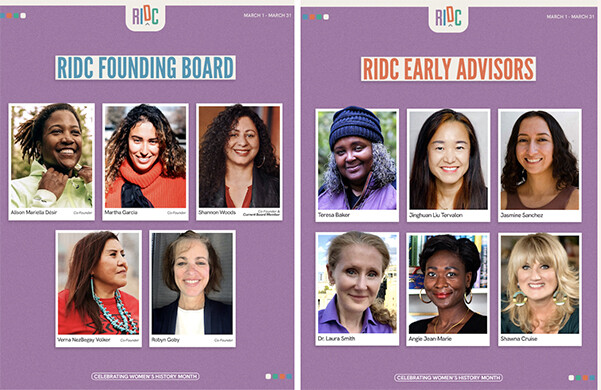We spend most of our staff training time focusing on how to improve the customer’s experience. We review our game’s layups, so to speak, to avoid choking on the easy stuff. Things like the greeting, the interview, suggesting new products, the affirmation, the farewell, and the list goes on. It all needs our attention.
I’m a firm believer that these fundamentals can’t be drilled enough. Newbies and veterans alike need constant reminders about how to facilitate an unforgettable experience. And any shop (or staffer) who thinks they’ve been-there-done-that, or dedicates only occasional brush-ups to the basics, will eventually get left in the dust.
These days, the customer’s experience requires more attention than ever. The standard flow of best business practices is no longer an aspiration, it’s now the most basic requirement. What defines an unforgettable experience these days goes above and beyond this old gold standard. It asks staffers to be experts at soft, emotional skills. Skills that can’t necessarily be measured.
If you haven’t already, right now you need to shift your training focus. Rather than rely on customer service-driven sales, I suggest you incessantly practice how to deepen the human connection. Doing so will bring about three main outcomes: customer loyalty, increased UPT and staff retention.
Customer Loyalty: Remember Norm from that old TV show, “Cheers?” You think he went to that bar for the beer? No way. His loyalty came from the ovation he received upon entry and then the ensuing conversation with his buddies. He wanted to be where everybody knew his name. Who wouldn’t?
Increased Units Per Transaction (UPT): It’s pretty rare to spend quality time with a customer, getting to know their story and all, then watch them leave empty handed. Sure, it happens occasionally, but usually a genuine conversation builds trust and confidence in the solutions offered. Connection paves the way for a bigger sale.
Staff Retention: The buzz word “Millennial” has folks freaking out more than ever about staff retention. But here’s the secret — people who feel connected to their jobs (and specifically with the people at their jobs) stick around longer. It’s always been that way, even if right now it’s more of a hot topic than ever.
If you’ve read this far, I know what you’re thinking: How can we practice creating deeper connections? Good question. I am glad you asked. All you need to do is dedicate the majority of your gathering efforts to what connected us all as humans — stories.
Every time you circle the wagons, ask all staffers to come prepared to share a story. One that gives everyone a bit more insight into who they are. Ask them to share their hobbies. Their aspirations. Ask what song is currently stirring them up. Have them talk about the brightest light on their horizon.
Get to know what fire burns hot in their belly.
Our stories never get old. And you don’t have to look far back in history to be reminded that this is how humans have always functioned in a community. A campfire story doesn’t need a campfire to be effective.
Though adding it to your culture may all seem a bit odd, the invisible bonds created by such togetherness are priceless. And to know you can facilitate the strengthening of these bonds is empowering.
We aren’t just offering a memorable experience to customers, we’re also offering it to each other. Keep training on the hard skills, but waste no time ramping up your commitment to the soft ones, too.







